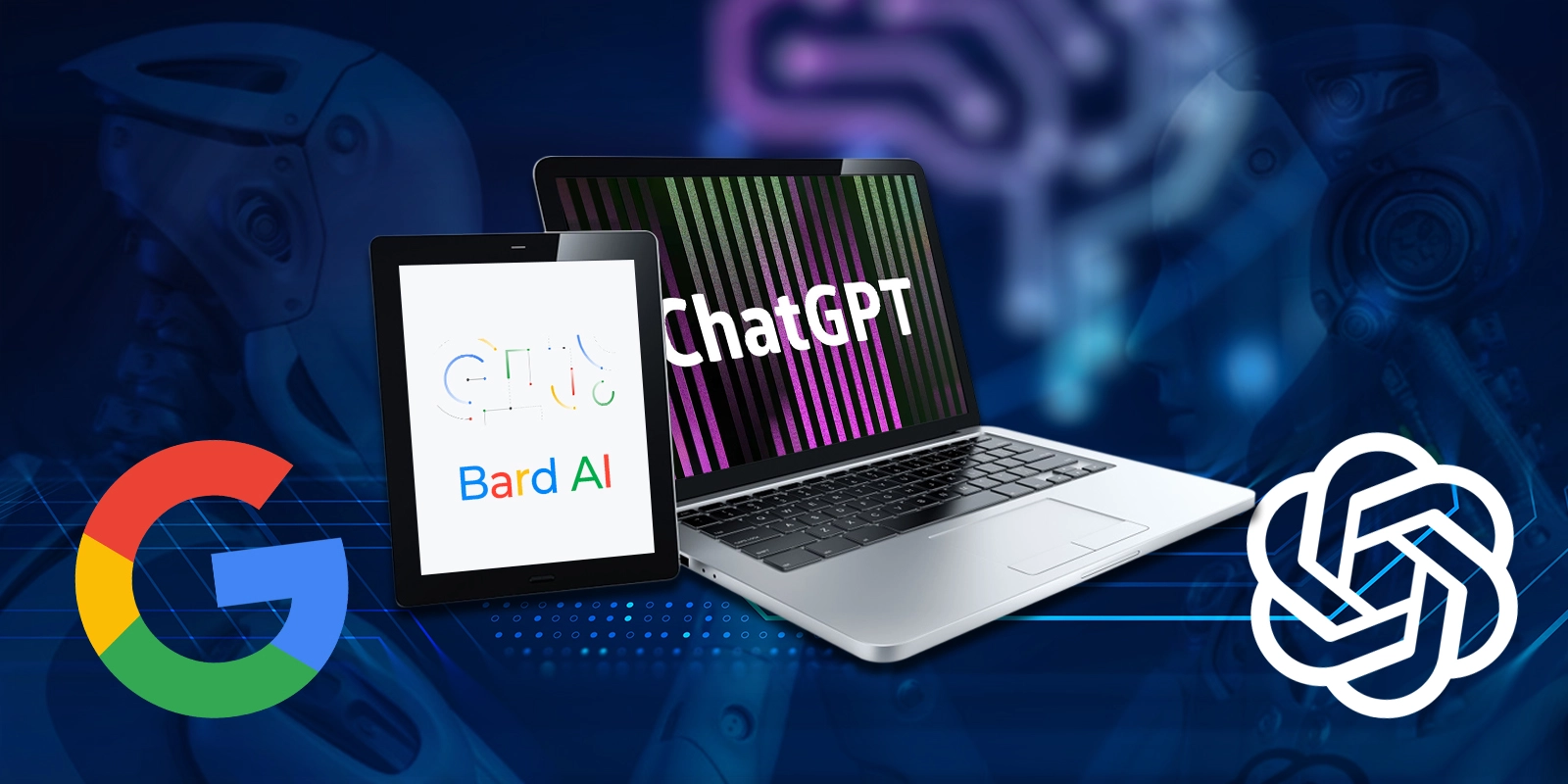(Opinion) Google’s initiative to limit Bard’s election-related responses and label AI-generated content reflects a growing trend in tech regulation.
Similar to Meta’s ban on AI tools in political ads and the EU’s labeling laws, these measures aim to fight misinformation. However, they raise critical concerns.
Firstly, there is the risk of over-censorship, potentially stifling legitimate political discourse and diverse viewpoints.
History has shown how technology can be exploited to censor under the guise of regulation.
During the Arab Spring, e.g., various governments used internet shutdowns and surveillance technologies under the pretext of maintaining public order, effectively censoring dissent.
In the early 2000s, the Great Firewall of China was introduced as a regulatory measure, but it also served to censor foreign websites and control the flow of information.
Secondly, such measures might not be entirely effective against sophisticated misinformation tactics.

Tech companies face a relentless battle against evolving deceptive practices.
Additionally, these restrictions could hinder AI innovation, especially in political applications, possibly deterring investment in beneficial AI advancements.
Over-regulation might impede the development of tools that could positively transform electoral processes.
In essence, while Google’s measures are laudable in their intent to safeguard democratic integrity, they tread a fine line.
Balancing misinformation control and free speech, preventing censorship, and fostering innovation in a rapidly evolving digital landscape is a complex, ongoing challenge.
This perspective highlights the need for a nuanced AI regulation in politics, mindful of past technology misuse and the evolving nature of digital misinformation.

